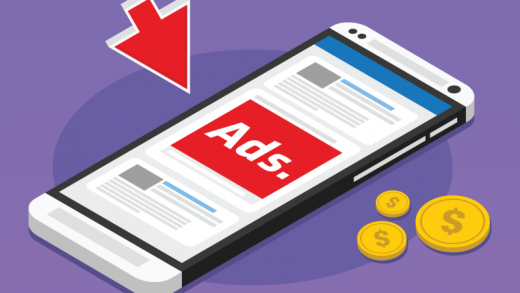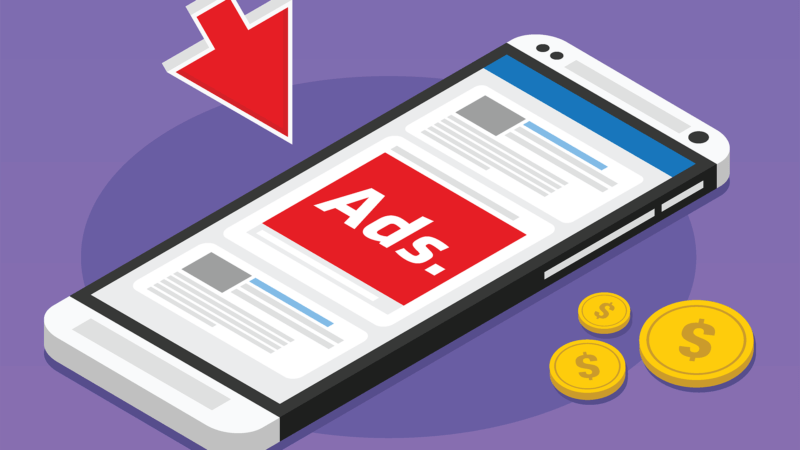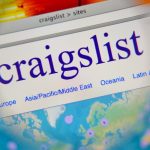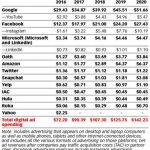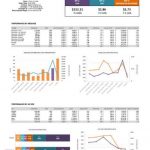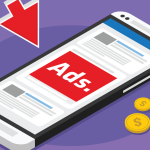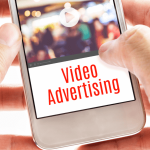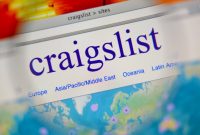Google & Facebook among members signed onto IAB UK ‘Gold Standard’ ads program
Participating members must take three steps aimed at addressing key threats to the digital advertising ecosystem.
The UK arm of the Interactive Advertising Bureau (IAB UK) has launched a new program aimed at reducing ad fraud, improving user experiences and increasing brand safety in digital advertising — addressing key threats to the industry.
Facebook and Google — the two biggest digital ad sellers in the world — are among the 23 IAB UK board member companies who have committed to the program. The others are: AppNexus, Bauer Media, ESI Media, Guardian Media Group, GroundTruth, Immediate Media, Mail Brands, Microsoft, News UK, Oath, Quantcast, RadiumOne, Teads, Telegraph Media Group, TripAdvisor, Trinity Mirror Solutions, Twitter, Vevo, Viant, Videology and Weve.
The program requires the following three actions of participating members:
- To reduce ad fraud, implement ads.txt on all sites that carry ads.
- To improve ad experiences, adhere to LEAN principles for ads set forth by the IAB and to the ad standards from the Coalition for Better Ads.
- To increase brand safety, work with JICWEBS (Joint Industry Committee for Web Standards in the UK and Ireland) to become certified or maintain certification.
“Everyone agrees that digital advertising standards need to improve to keep this industry sustainable and thriving. The IAB Gold Standard is a practical measure that demonstrates media owner commitment to making this happen,” said IAB Chief Digital Officer Tim Elkington. “Media owners need to send a clear signal to advertisers and agencies that they take their responsibilities seriously to offer the best environment possible so that brands can confidently use digital advertising.”
“GroupM fully supports IAB UK’s Gold Standard initiative,” said Bethan Crockett, senior director of brand safety and digital risk, GroupM EMEA and IAB member, “and it is fantastic to see the industry committing to implement best practice standards relating to ad fraud, brand safety and the digital advertising user experience.”
The IAB UK says this is the first of several steps it is taking to ensure a sustainable digital advertising industry and unites several of the initiatives already underway. An unchecked reliance on programmatic has left all parties — consumers, buyers and sellers — frustrated. Consumers are adopting ad blockers; advertisers are limiting where they advertise after having little visibility into where their ads are shown or if they’re ever seen; and publishers are feeling squeezed out by ad tech.
In a sign of the extent of the challenges facing the industry that increasingly relies on automated systems for ad trafficking, a report from The New York Times this week found fake ads pointing to fake sites made to look like those of People and Us Weekly were showing up on the fact-checking sites PolitiFact and Snopes. The ads were bought through Google. The report comes after Google has been working for months to tighten controls and limit abuse by fraudulent advertisers and publishers (which in this case were one and the same) with a greater level of urgency after ads from prominent brands were found running alongside extremist propaganda videos on YouTube earlier this year.
Marketing Land – Internet Marketing News, Strategies & Tips
(41)

